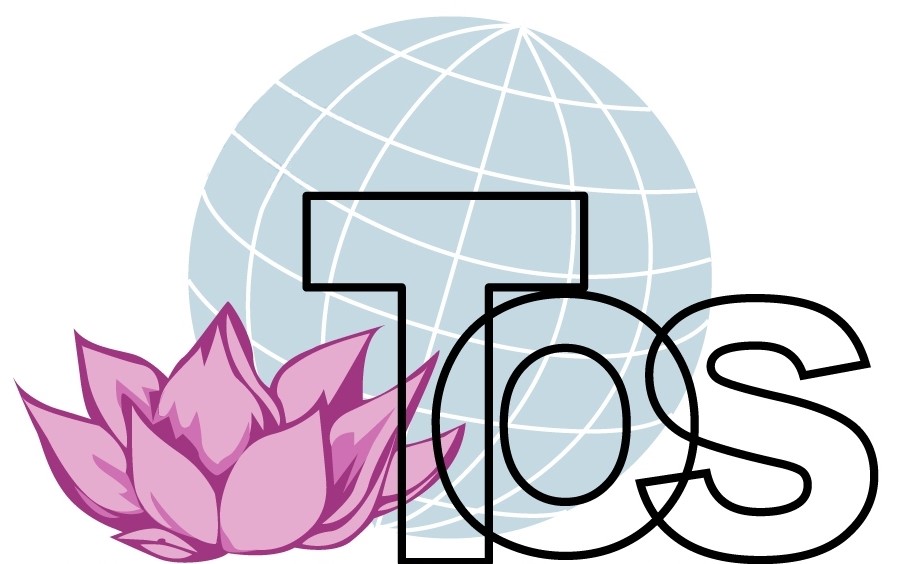Earth is Our Common Home: The Forest Year
General Topics:
by Rene Wadlow*
Groves were planted to console at noon
The pensive wanderer in their shades. At eve
The moonbeams, sliding softly in between
The sleeping leaves, is all the light he wants
For meditation Elishe Noyce
The United Nations General Assembly in Resolution 61/193 has proclaimed 2011 as the International Year of Forests “recognizing that forests and sustainable forest management can contribute significantly to sustainable development, poverty eradication and the achievement of internationally agreed development goals, including the Millennium Development Goals.”
Forests and trees have long been part of humanity’s daily life as well as an important part of its myths and symbols. In Scandinavian mythology, the Great World Tree, Yggdrasil, is the tree of existence, the tree of life and knowledge. Care of the tree is entrusted to three maidens named Urdhr (Past), Vervandi (Present) and Skuld (Future). From this tree springs forth our visible universe. On the topmost branch of this tree sits an eagle, who symbolizes light and whose keen eyes see all things taking place in the world. The tree is the cosmic pillar that supports heaven and at the same time opens the road to the world of the gods. The tree permits an opening either upwards (the divine world) or downward (the underworld). The three cosmic levels — earth, heaven, the underworld — have been put into communication.
In the myths and legends of other cultures as well, we also find the importance of the tree as a symbol of life with its roots underground, its trunk in the world of humans, and its top-most branches touching the sky. Branches are compared to steps or a ladder and so are a way by which the hero climbs, through initiations, to higher consciousness. The loss of the leaves of a tree in Winter and their renewal in Spring has served as the symbol of death and regeneration. Thus, the tree is a living symbol. A grove of trees was often considered sacred and the sanctuary where religious rituals were carried out.
In the grove of trees of life, animals also have symbolic meaning, such as the eagle in the Scandinavian myths. Birds represent the element air, and a snake, thought to live underground among the roots, a symbol of the earth or the link to the world of the after-life.
Thus, the tree is an appropriate symbol for the integration of human, animal and plant life. This feeling of harmony with nature is what the former Harvard biologist Edward O. Wilson called biophilia — connections that human beings subconsciously seek with the rest of life. Our natural senses are designed to bring our being into harmony, fulfilment and community with the world. Re-contacting with nature can produce joy, regeneration and community bonding.
Obviously, there are many different aspects to the protection and wise use of forests, measures which need to be undertaken within the United Nations system, by national governments and by local authorities. However, individual action is necessary and important. The world grows ever more inter-dependent. Thus we need a renewed sense of responsibility, of nation to nation, of human to human, but also human to other forms of life.
Other writers during this Forest Year will no doubt stress the ecological dimension of forests, the depletion and social costs of uncontrolled cutting in the tropical rainforests as well as the benefits of sustainable forest management. In future essays, I will look at the forest in mythology and folklore as an indication of the large place that forests play in human consciousness.
*Rene Wadlow is Representative to the UN, Geneva, Association of World Citizens and Editor, Transnational Perspectives: http://www.transnational-perspectives.org
